Emerging Applications and Implementations of Metal-Organic Frameworks
Metal-organic frameworks (MOFs) are some of the most discussed materials of the last decade. Their extraordinary porosity and functionality from metals and organic linkers make them one of the most promising materials for a vast array of applications. The easy tunability of their pore size and shape from the micro- to meso-scale by changing the connectivity of the inorganic moiety and the nature of the organic linkers makes these materials special. Moreover, by combining with other suitable materials, the properties of MOFs can be improved further for enhanced functionality/stability, ease of preparation, and selectivity of operation. Emerging Applications and Implementations of Metal-Organic Frameworks combines the latest empirical research findings with relevant theoretical frameworks in this area in order to improve the reader’s understanding of MOFs and their different applications in areas that include drug delivery, heavy metal removal from water, and gas storage. The design and synthesis of MOFs are also investigated along with the preparation of composites of MOFs. While covering applications that include water defluoridation, rechargeable batteries, and pharmaceutically adapted drug delivery systems, the book’s target audience is comprised of professionals, researchers, academicians, and students working in the field of physical and polymer chemistry, physics, engineering science, and environmental science.
{{comment.content}}
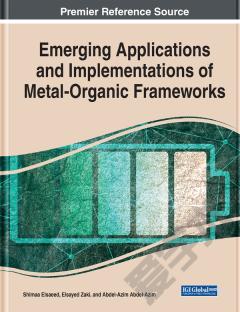
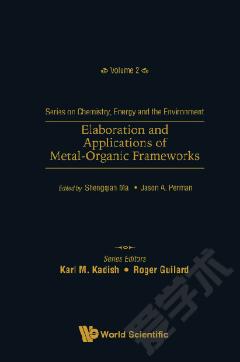
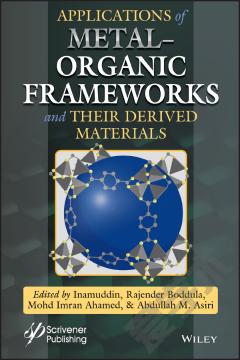
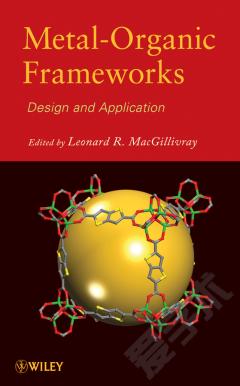

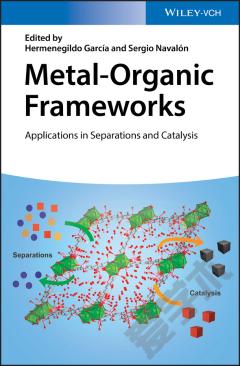
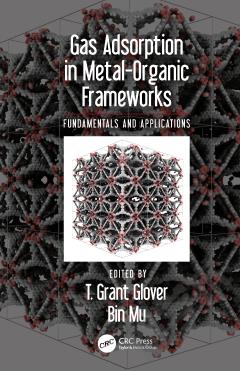

 京公网安备 11010802027623号
京公网安备 11010802027623号